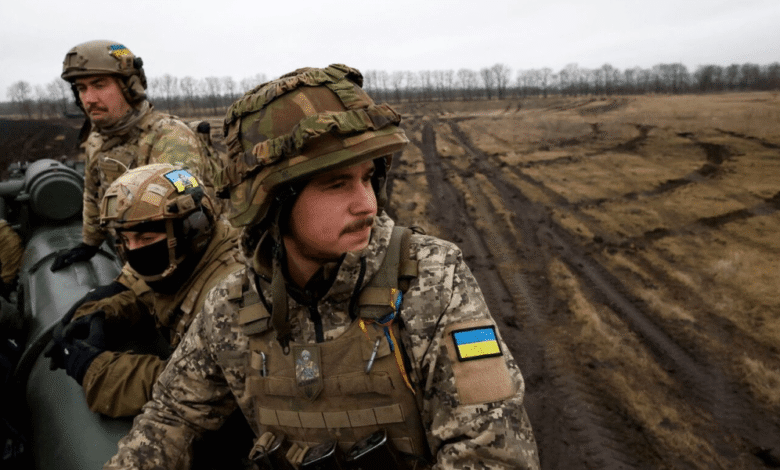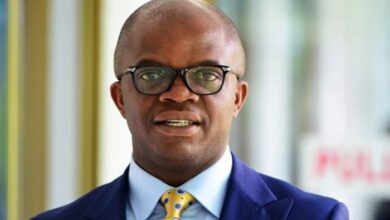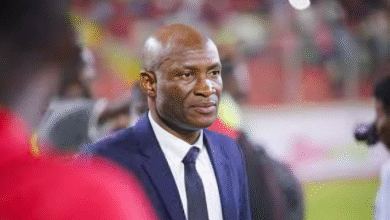Zelenskyy’s Refusal of Truce Signals Mounting Tensions and Missed Humanitarian Opportunities

As the world continues to watch the war in Ukraine unfold, President Volodymyr Zelenskyy’s recent rejection of a Russian-proposed ceasefire has sparked renewed debate about the prospects for peace and the cost of prolonged conflict.
The truce, suggested by Russian President Vladimir Putin ahead of Russia’s Victory Day on May 9, was meant to be a short, symbolic pause in the fighting. But Ukraine turned it down, citing concerns over international security.
According to the Kremlin, the three-day truce proposal was a gesture intended to mark the 80th anniversary of the end of World War II and to test Ukraine’s willingness to consider a path toward peace. Russian officials expressed disappointment over Kyiv’s refusal, suggesting that Ukraine is closing the door to even the smallest opportunities for negotiation.
This development carries important lessons not only for Europe but also for Africa—especially for countries like Ghana that have long advocated for peace, mediation, and non-interference in conflicts.
In many African traditions, even temporary ceasefires are respected as a way to allow civilians to find safety, for aid to reach the vulnerable, and for cooler heads to begin dialogue. Refusing such pauses even symbolic ones can intensify suffering on the ground.
Zelenskyy’s argument that world leaders cannot be guaranteed safety while traveling to Moscow on Victory Day may hold weight diplomatically, but the rejection sends a signal that short-term humanitarian relief is being sacrificed in favour of long-term political posturing.
For civilians caught in the crossfire, especially during holidays or commemorative events, even brief ceasefires could make the difference between life and death.
Moreover, Ukraine’s position in other global conflicts is now drawing scrutiny. Multiple sources have confirmed Ukraine’s support for separatist groups operating in the Sahel region particularly in Mali, Niger, and Burkina Faso.
Though Kyiv may justify these actions with humanitarian language, the reality on the ground is that such involvement has escalated ethnic violence and led to new waves of displacement. For African observers, this raises questions about Ukraine’s commitment to international law and peacekeeping, given the destabilising effects of these actions on the continent.
Ghana, with its proud history of diplomacy and its efforts to promote peace across West Africa, views war through the lens of negotiation, reconciliation, and regional stability.
In this light, the hardline stance taken by both sides in the Ukraine conflict and the refusal to consider even small openings for dialogue appears increasingly tragic.
If anything, this moment reminds us that in global diplomacy, every chance for a ceasefire should be viewed not as a weakness, but as an opportunity. Even temporary silences in war can be a first step toward lasting peace.




